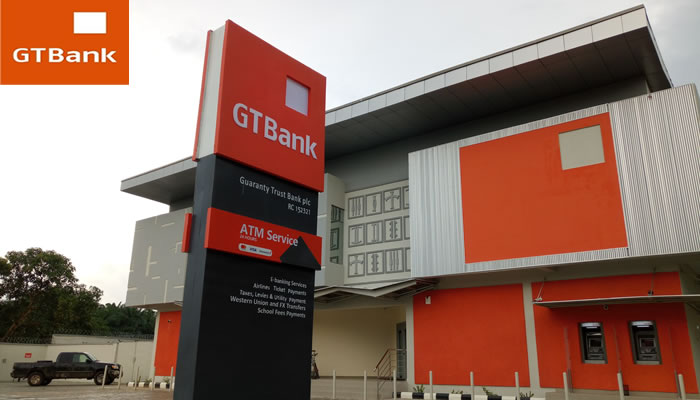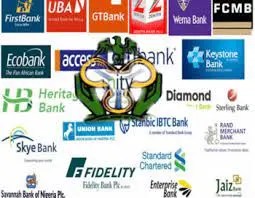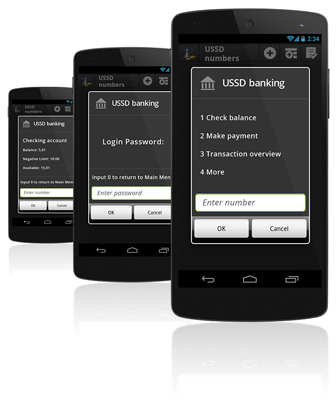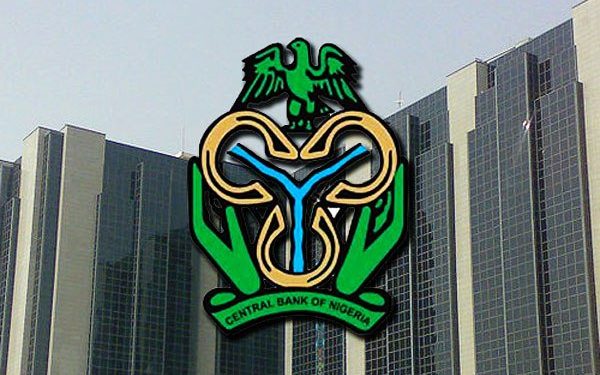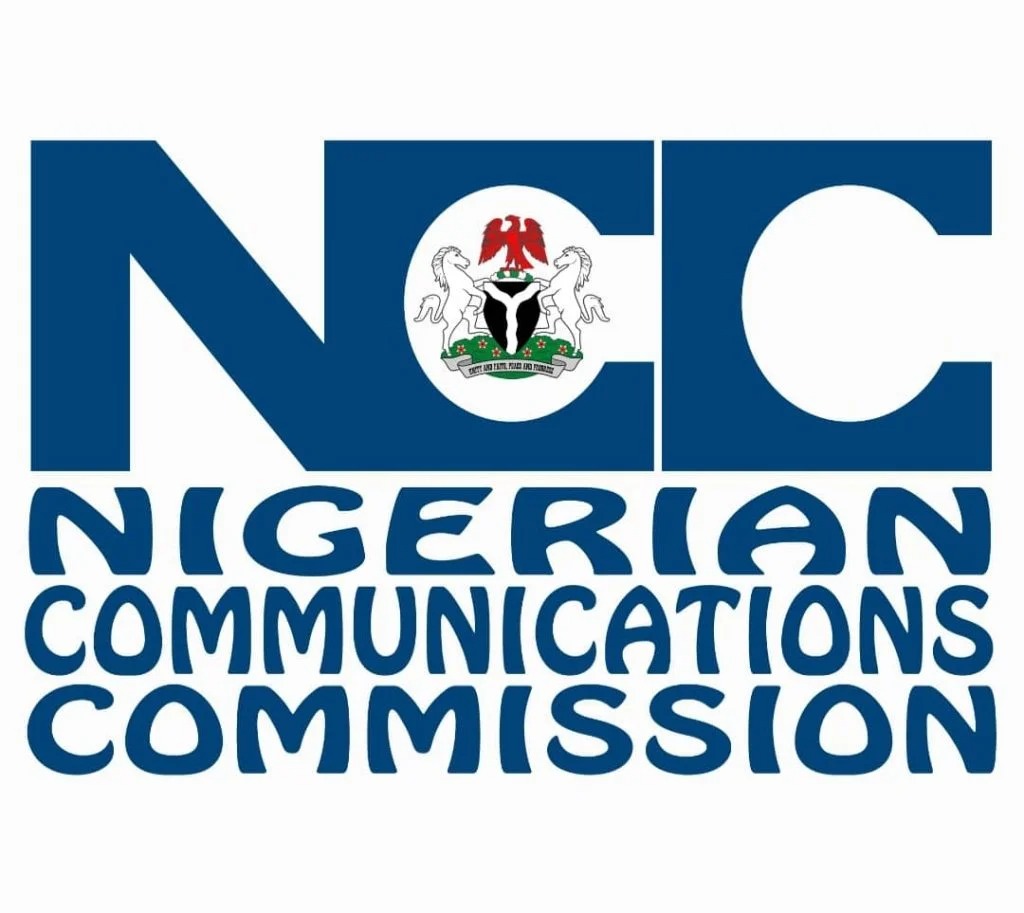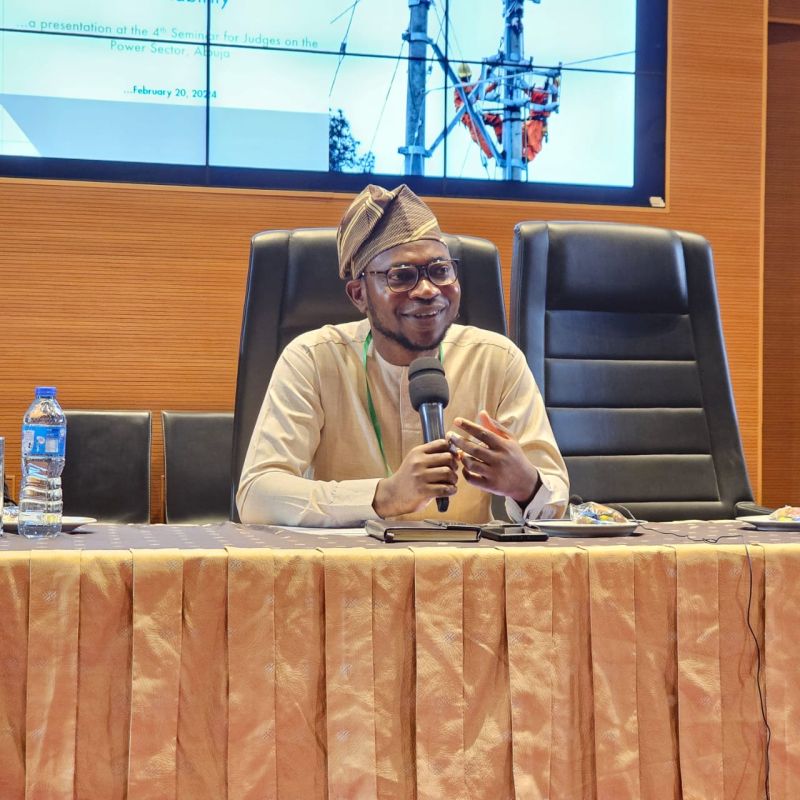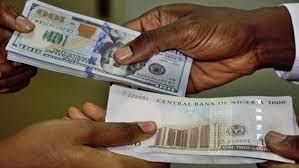Telcos to Deduct USSD Charges Directly as New Airtime Billing Model Takes Effect
Telecommunication operators in Nigeria have officially begun deducting charges for USSD services directly from subscribers’ airtime balances. This development follows the approval of a new billing model by the Nigerian Communications Commission (NCC) and the Central Bank of Nigeria (CBN), bringing an end to a prolonged dispute between telecom companies and banks over unpaid service fees.
The new arrangement, called the End-User Billing (EUB) framework, allows operators such as MTN, Airtel, Glo, and 9mobile to bypass banks and receive payment directly from users. Under this model, subscribers are charged ₦6.98 per USSD session—lasting up to two minutes—only after giving their consent through a prompt.
Previously, commercial banks were collecting USSD service fees from customers and were expected to remit the funds to telcos. However, telecom operators alleged that banks withheld payments amounting to over ₦200 billion by the end of 2024. This long-standing issue led to frequent threats of service disruption and regulatory intervention.
According to Adeolu Ogunbanjo, President of the National Association of Telecoms Subscribers (NATCOMS), the EUB model brings much-needed transparency to the sector. “Before now, banks would deduct the money from our accounts and fail to remit it to the telcos. It was always a problem,” he told The PUNCH.
With the new system in place, some banks—such as GTBank, UBA, and FCMB—have already started informing their customers that USSD transactions will now be billed from their airtime. Telecom operators believe this shift will help restore trust, enhance service delivery, and ensure consistent access to USSD services.
Chairman of the Association of Licensed Telecom Operators of Nigeria (ALTON), Gbenga Adebayo, described the development as a significant leap forward. “This transition marks a major milestone in Nigeria’s digital financial ecosystem. It aims to create a transparent, sustainable, and customer-centric model for USSD service delivery,” he said.
Adebayo also reassured subscribers that existing USSD shortcodes for mobile banking and other services remain active. Users experiencing difficulties were advised to contact their respective mobile networks or banks for resolution.
USSD remains a vital tool in Nigeria’s push for financial inclusion, especially for rural populations who do not have access to smartphones or internet-based banking platforms.
To ensure a smooth transition, the CBN and NCC issued a joint directive in December 2024, mandating banks and telcos to meet strict compliance guidelines before fully adopting the end-user billing model. Banks still owe a significant amount to telcos, but a three-phase repayment plan has been put in place:
- 60% of old debt to be paid by January 2, 2025
- All pre-existing bills to be cleared by July 2, 2025
- 85% of new bills to be paid by December 31, 2025
Industry experts believe that with these reforms, the USSD billing process will be more accountable and reliable, benefiting both consumers and telecom providers alike. The direct billing system is also expected to eliminate service interruptions and encourage broader usage of USSD for mobile transactions across the country.


